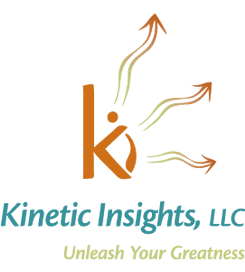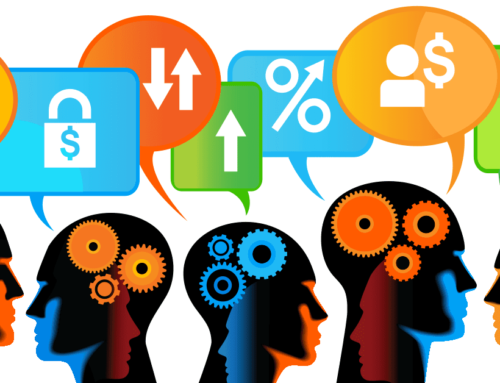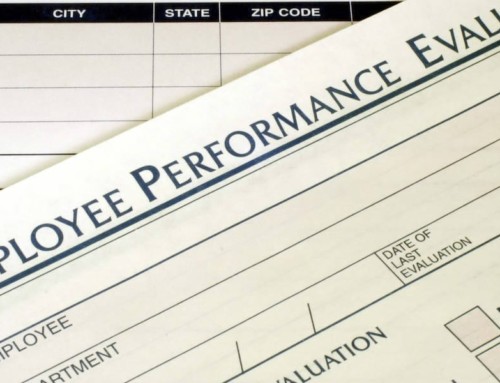“A good half of the art of living is resilience.” ― Alain de Botton
In my last blog, we discussed the five core skills to building resilience. Now, we are going to give some quick tips on how to develop each of these five core skills. We’ll call this blog series “Building Out the Five Core Resilience Skills”. I will begin at the foundation of resilience with action items to help develop self-awareness.
The two aspects of self-awareness
In a 2018 article for HBR titled What Self-awareness is and How to Cultivate It, Dr. Tasha Eurich discusses two categories of self-awareness. Internal self-awareness articulates our values, passions, aspirations, thoughts, feelings, behaviors, strengths, and weaknesses, and impact on others. The second type, external self-awareness, focuses on how others view us. This table succinctly explores these two categories of self-awareness.
In order to be fully aware, we see that one must have both internal and external self-awareness. As an executive coach, much of our time is spent in helping clients cultivate such self-awareness. It is core to resilient leadership.
Self-awareness is much rarer than we often believe
Contrary to what most people believe, the HBR study showed that only 10% to 15% of people are truly self-aware. Most people operate out of positivity bias and believe they are far more self-aware than they are. This bias only increases the higher one goes in an organization where leaders hear less valuable and honest feedback.
HBR found that best way for people to improve self-awareness is by seeking feedback from people who have their best interests in mind and are willing to tell them the truth.
You can take action steps to develop self-awareness
The best way that I have found to increase self-awareness is to do 360 feedback. I agree with HBR: the best people to provide that feedback are “loving critics”. These are people who care enough about you to give it to you straight. You can with a coach or trusted HR partner to get this honest, trusted feedback from loving critics.
I recommend coupling your 360 feedback with good psychological assessment tools, like Hogan, DiSC, MBTI, or even StrengthsFinder. These tools provide good perspective for both your internal and external self-awareness although they go deeper into the internal self-awareness. Often, they may highlight things we may be vaguely aware of under the surface. In some cases, often with deeper tools like the Hogan, these assessments uncover patterns that are truly hidden to us.
Finally, take this collected feedback and intentionally align it with your internal values and passions to create your personal development goals. To aid in that process, we will be covering goal setting later in our series: “Building Out the Five Core Resilience Skills”.
Developing resilient leaders
Self-aware leaders are resilient leaders. Working this process will vastly improve the ability of leaders to develop self-awareness. Watch for our next post with tips on learning the skill of Letting Go.












Leave A Comment